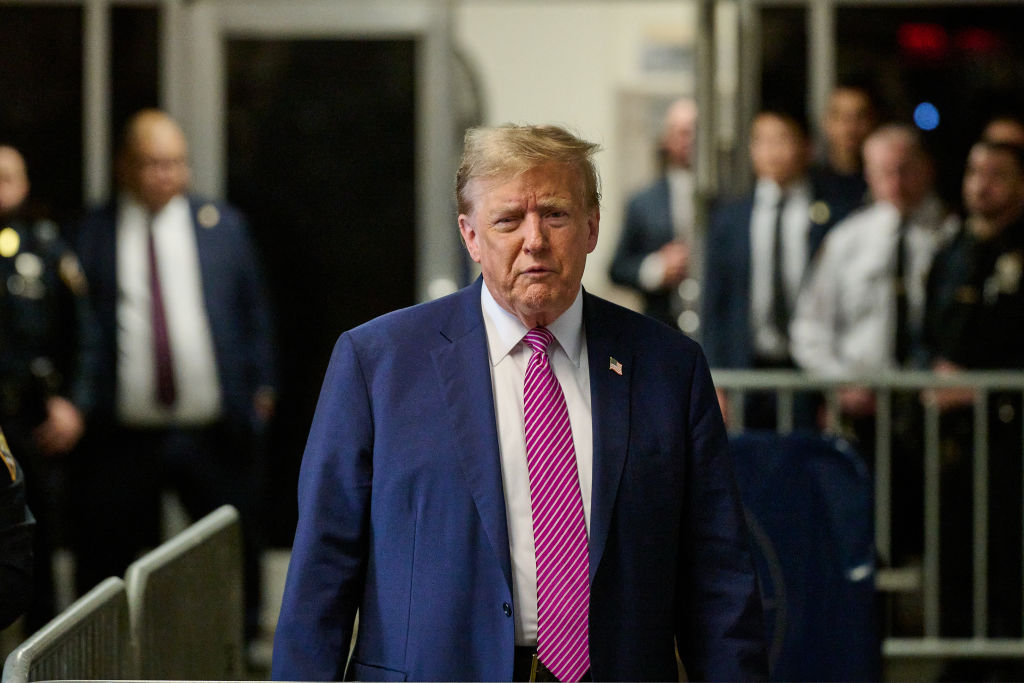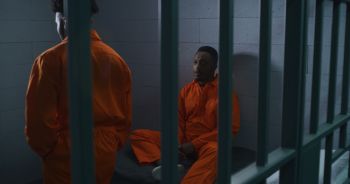Humbled U.S. automakers pleaded with Congress Thursday for an expanded $34 billion rescue package, but heard fresh skepticism in a bumpy encore appearance.
“We made mistakes, which we’re learning from,” General Motors chief executive Rick Wagoner told the Senate Banking Committee.
Ford CEO Alan Mulally also acknowledged big mistakes, saying his company’s mantra once was “You build it, they will come.”
“We produced more vehicles than our customers wanted, then slashed prices,” he said. But as a result of these past mistakes, “we are really focused,” he said.
The Big Three executives made the trip from Detroit in new-model hybrid autos made by their respective companies, two weeks after a botched appeal for $25 billion in which they were chided for flying on private jets to beg for money.
Chrysler CEO Bob Nardelli promised that his company, recipient of a previous government-subsidized rescue loan in the 1970s that it repaid, would repay taxpayers by 2012 and would devote itself to manufacturing “fuel-efficient cars and trucks that people want to buy.”
Sen. Richard Shelby of Alabama, the senior Republican on the panel, complained that the pricetag on the package had jumped since the trio last appeared just two weeks ago
He pressed the automakers to explain why, and to justify how such aid would not simply “prop up a failed business model for a few months … and how are you going to pay it back to the taxpayers?”
Banking Committee Chairman Chris Dodd, D-Conn., who supports helping the industry, said detailed plans submitted earlier this week by the three auto companies on how they would use low-cost federal loans to reorganize still left a lot of questions unanswered.
Still, Dodd said, the economic news has become even more bleak since the auto executives appeared before Congress in late November.
“In just two weeks time, the clouds on the economic horizon have grown even darker and greater in number,” Dodd said, noting that the U.S. economy has now been declared official in a recession that began a full year ago.
Dodd said doing nothing and allowing one or all three of the companies fail, as some lawmakers have advocated, “plays Russian roulette with the entire economy of the United States.”
Several lawmakers in both parties, including Dodd, have pressed the automakers in recent days to consider a so-called “pre-packaged” bankruptcy in which they would negotiate with creditors in advance and downsize, then file for Chapter 11 protection in hopes of emerging quickly as stronger companies. The Big Three have publicly shunned the notion, but executives have indicated in recent days that it might ultimately be necessary.
GM’s survival plan envisions an administration-led restructuring overseen by a government oversight board.
“If more extensive restructuring is required, GM will work with the oversight board to determine the additional necessary actions,” GM’s written plan said.
United Auto Workers union president Ron Gettelfinger told the committee, “We are prepared to do our part.” But he also said workers for the auto companies shouldn’t have to make disproportionate sacrifices.
He also said that any kind of bankruptcy, even a pre-packaged one, was not “a viable option.” Gettelfinger claimed consuers would not buy autos from bankrupt companies, no matter the terms of the bankruptcy.
Congressional Democrats have urged the administration to tap into an already enacted $700 billion financial bailout program to help the auto industry.
The administration has said that it has no intention of doing so, and would prefer aid be taken from an earlier $25 billion program to help the industry retool its plants to make their vehicles more fuel-efficient.
Treasury Secretary Henry Paulson has said that the $700 billion program is intended only to be used for the financial industry.
Gene L. Dodaro, the top official at Congress’ watchdog agency — the Government Accountability Office — agreed with Dodd that the $700 billion package set up in October “is worded broadly enough” to permit it to be tapped for the automakers.
Dodaro testified that the Federal Reserve also has the authority under existing law to make loans to the domestic auto industry if it so chooses.
Dodd said that both Paulson and Fed Chairman Ben Bernanke had been invited to testify at Thursday’s hearing, but had declined.
Earlier, Senate Majority Leader Harry Reid, D-Nev., said prospects for Congress to act this year seemed slim.
“I just don’t think we have the votes to do that now,” he told The Associated Press.
Critics say the companies have been poorly managed and failed to show they won’t be back for another government rescue.
In the streets outside the Capitol, all three companies were showcasing their futuristic, environmentally friendly models in hopes of counteracting their image as purveyors of gas-guzzling SUVs.
The three executives made the 520-mile trip from Detroit in hybrid cars — a nod to stinging criticism from lawmakers for making their last trip in corporate jets.
Congressional leaders have said Thursday’s Senate hearing — and a companion one on Friday before a counterpart House panel — would help determine whether Congress will take up an auto rescue package in a special lame-duck session next week.
The Big Three are struggling to stay afloat during the longest economic downturn in at least a quarter century, a steep decline in sales and a tight credit market. The three burned through nearly $18 billion in cash reserves during the last quarter.
Chrysler said it needed $7 billion by year’s end to keep operating. GM asked for an immediate $4 billion as the first installment of a $12 billion loan, plus a $6 billion line of credit to use if economic conditions deteriorate. Ford requested a $9 billion “standby line of credit” in case one of its Detroit competitors fails.
The bailout remains unpopular with the public. Sixty-one percent oppose providing the auto companies with billions in federal assistance, according to a CNN-Opinion Research Corp. poll released on Wednesday. Fifty-three percent said it would not help the country’s economy.
















